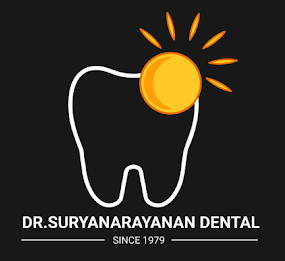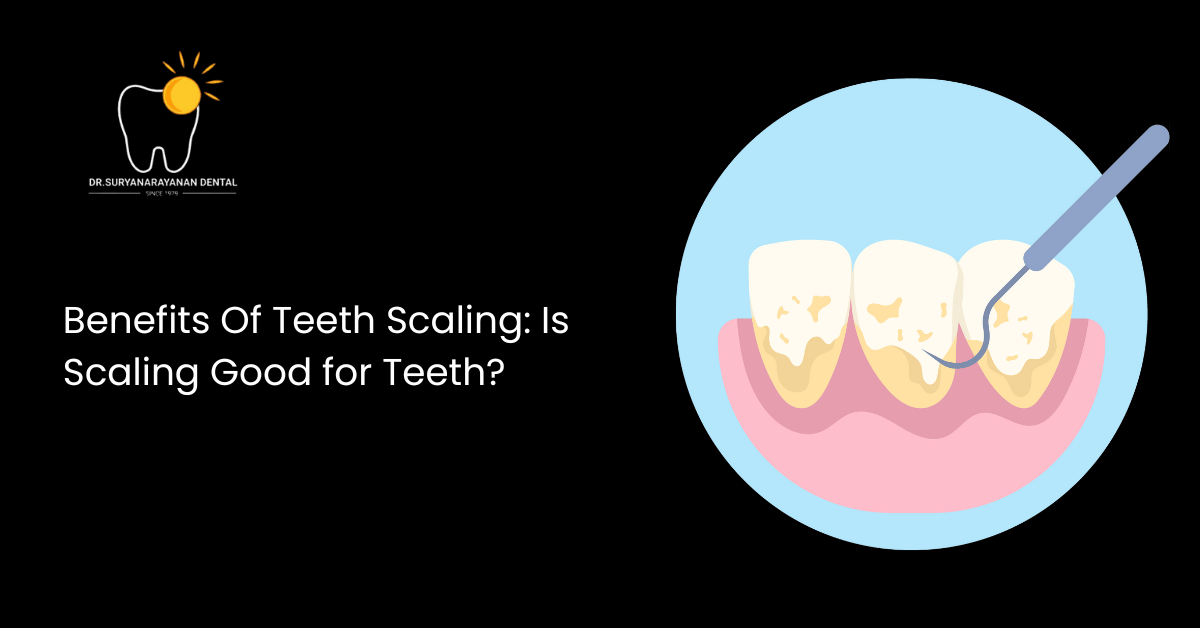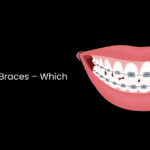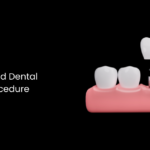What is tooth Scaling?
Dentists and dental hygienists use a technique called teeth scaling to clean the surfaces of individual teeth of calculus, stains, and plaque. To avoid dental problems like cavities and gum disease, it is an essential component of proper oral hygiene.
Should You Go For Teeth Scaling?
Dental scaling is usually advised in the following cases:
- If there is a substantial buildup of tartar and plaque on the teeth, scaling will be required.
- Scaling is an essential method for treating gum diseases, including gingivitis and periodontitis.
- Tobacco usage, specific foods and drinks, and insufficient dental hygiene are some of the variables that can produce surface stains on teeth, which can be removed with scaling.
When Will You See Results From Teeth Scaling?
How long it takes to scale teeth depends on a lot of variables, such as how much tartar and plaque have built up, how many teeth are involved, how efficient the dentist is, and whether or not any extra treatments are necessary. The average time needed for tooth scaling is between half an hour and an hour and a half.
Why Is Tooth Scaling Beneficial?
Dr. Suryanarayanan Dental Clinic offers scaling, which has many benefits, including the following:
- Plaque and tartar removal: Scaling is an efficient method for removing the buildup of tartar and plaque on teeth.
- Prevention of Gum Disease: Gingivitis is the initial stage of gum disease, which is also called periodontal disease, and if not addressed, can progress to more severe forms of oral health problems.
If you want better oral hygiene in general, scaling your teeth is a good way to get a thorough cleaning.
Also Read: Impacted Wisdom Tooth Symptoms and Treatment
Scaling for Dental Problems
Following these steps is the standard procedure for scaling teeth at a dental clinic:
- The dentist or dental hygienist will initially check your gums and teeth for signs of gum disease or any trouble spots, as well as measure the amount of tartar and plaque that have built up.
- The dentist will clean your teeth thoroughly before scaling them.
- Following the initial teeth cleaning, the dental professional will start the scaling procedure. Scalers and curettes are specialized dental tools that will be used to delicately remove tartar and plaque from the teeth’s surfaces.
- An ultrasonic scaler can be utilized either as a substitute for or in conjunction with traditional manual scalers in specific instances.
- The dentist may conduct root planing if tartar and plaque have accumulated below the gum line.
- An optional fluoride treatment could be administered, depending on the dental clinic’s protocol and your current oral health condition.
After treatment, what should I do to get well?
Tips for Recovery After Dental Procedures at Dr. Suryanarayanan Dental Clinic in Goregaon West
- Make sure you follow the post-treatment recommendations given to you by your dentist or dental hygienist. These instructions will be customized to meet your unique needs.
- Take Care of Your Teeth and Gums Gently: Following scaling, you might feel some sensitivity or slight tenderness in your gums.
- It is usually advised to wait 30 minutes to an hour before consuming any food or liquids following scaling, so you shouldn’t eat or drink right after the treatment.
Conclusion
Scaling your teeth includes a thorough inspection, cleaning, scaling, root planing, polishing, and if desired, fluoride therapy. Be careful not to eat right after treatment, pay attention to what you eat, rinse with mouthwash if instructed, take pain medication as needed, keep up with your regular dental checkups, and keep up your good at-home oral hygiene routine.



